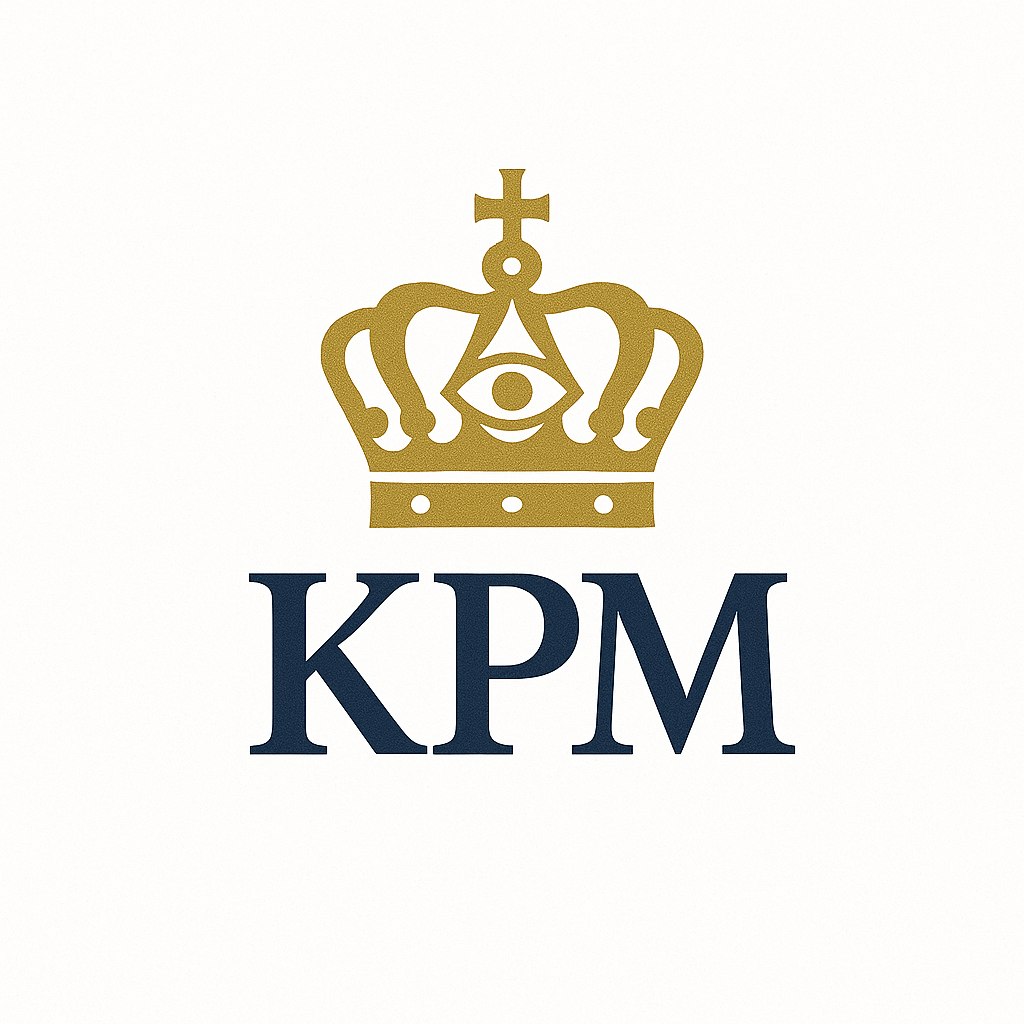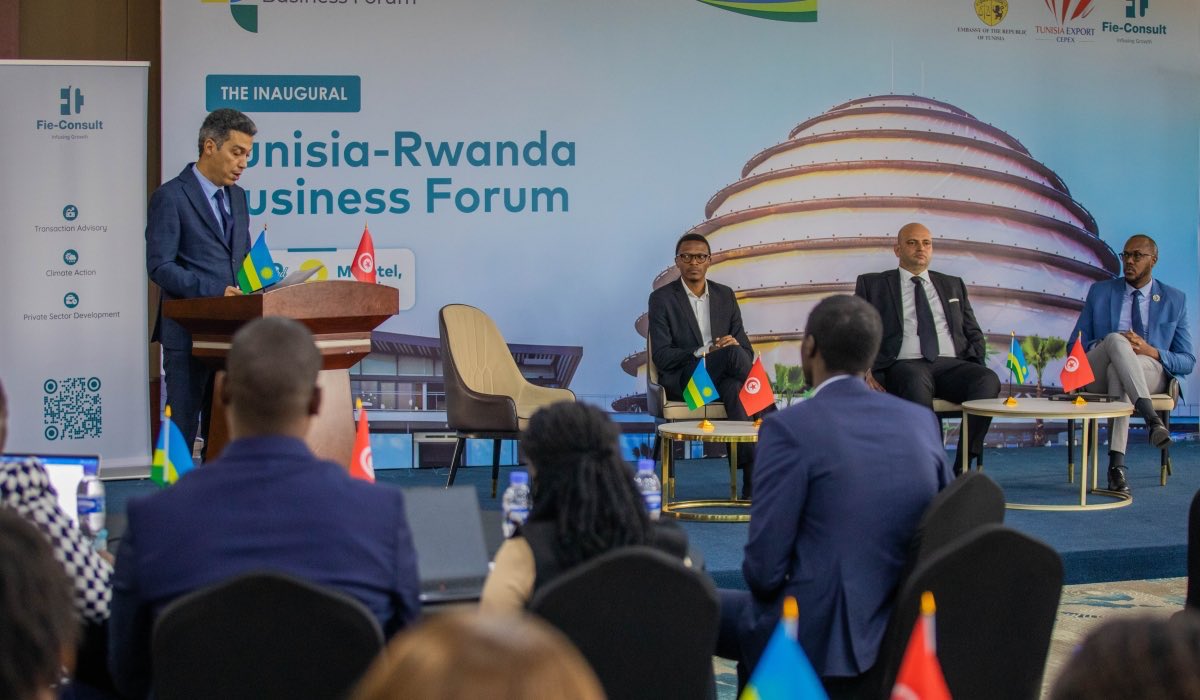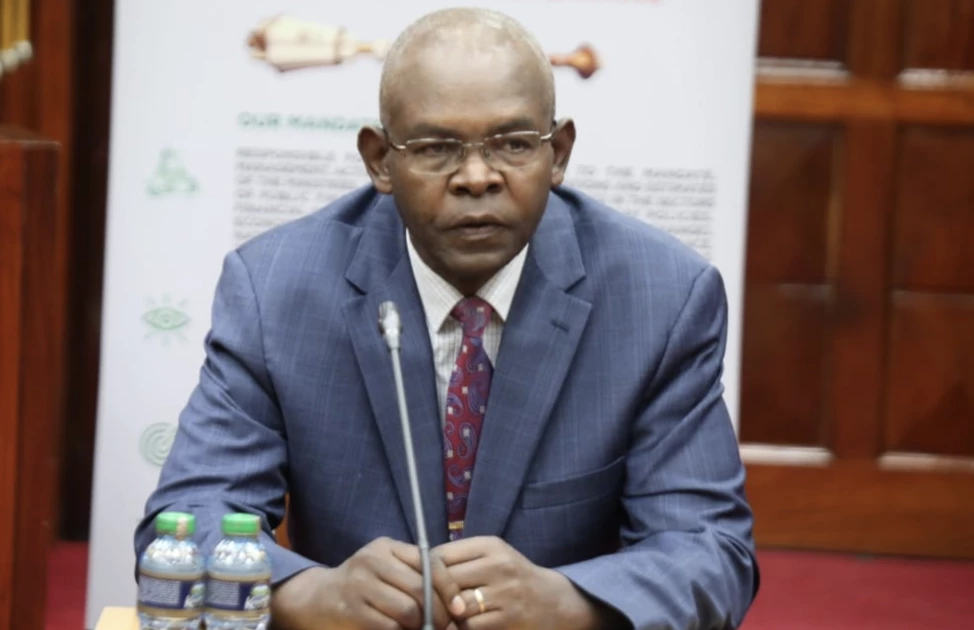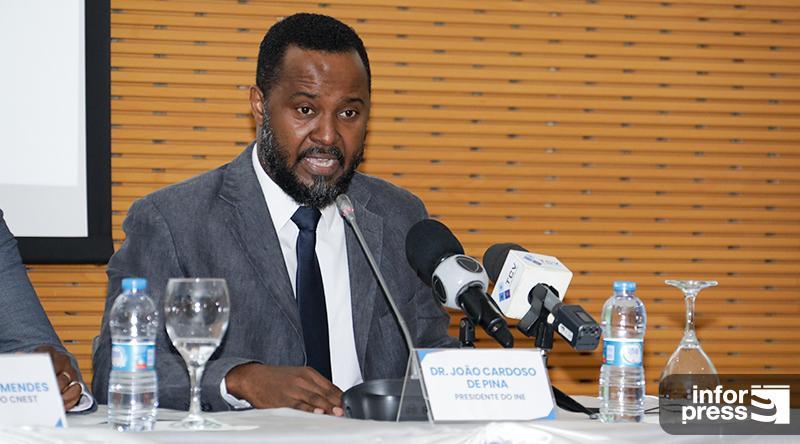Côte d’Ivoire’s Digital Leap—$100M Signal, $100B Gap
EXIM’s $100M guarantee for Côte d’Ivoire’s digital sector via Citi (NYSE: C) and Cybastion signals U.S. intent to de-risk African tech. Yet against a $100B need, its scale raises doubts—catalyst for capital or just geopolitical posturing?
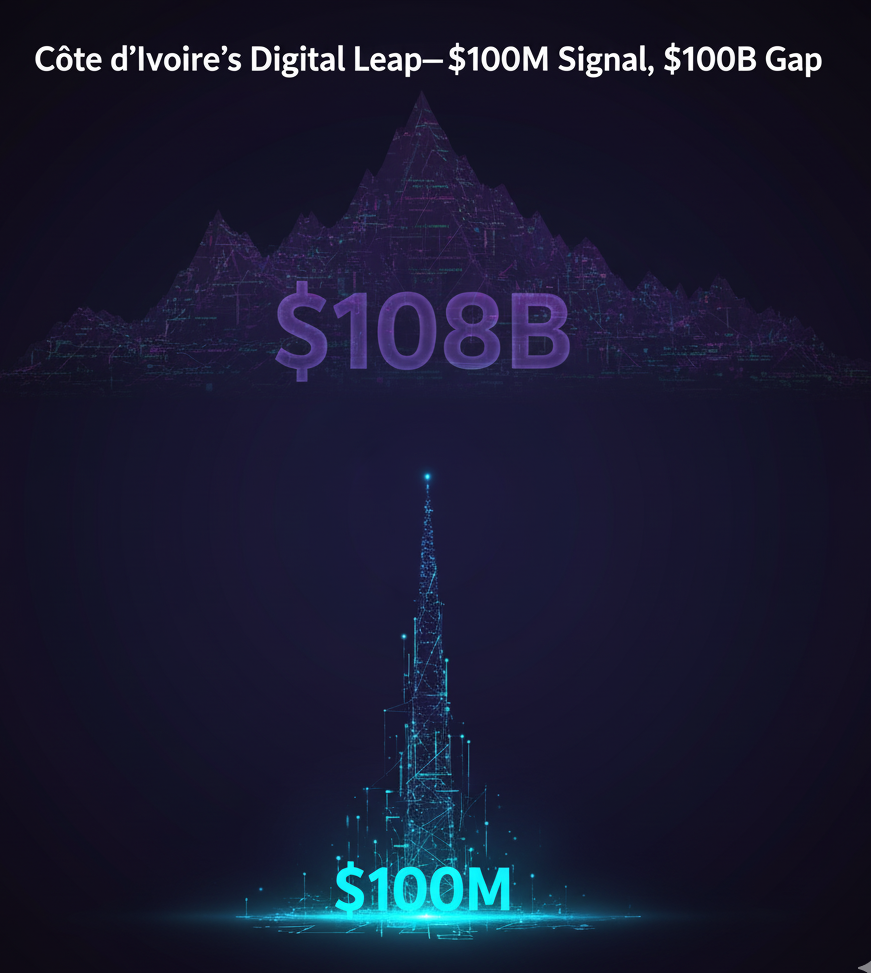
The announcement of a $100 million Export-Import Bank of the United States (EXIM) guarantee to back Côte d’Ivoire’s national data center and digital infrastructure is framed as a turning point for Africa’s digital economy. Structured through Citi (NYSE: C) and executed by diaspora-led cybersecurity firm Cybastion, the project has been highlighted as a milestone in mobilizing U.S. capital into African technology markets. For African markets, the signal is that digital infrastructure is finally being recognized as an investable asset class, capable of being structured with sovereign or DFI-backed credit enhancements that reduce risk and compress spreads. By underwriting project risk, EXIM allows African sovereigns and their partners to borrow at terms closer to sovereign debt, rather than the double-digit interest rates often attached to private tech ventures. Côte d’Ivoire’s outstanding Eurobond maturing in 2030 (XS2015271047) currently yields above 8.2 percent, while peers like Ghana remain distressed above 15 percent, showing how guarantees can materially alter the cost of capital.
Yet the scale is modest compared to need. Africa accounts for only about one percent of global data center capacity despite nearly one-fifth of the world’s population, and the African Development Bank estimates that $100 billion will be needed for digital infrastructure by 2030. Côte d’Ivoire’s GDP stands at around $85 billion, meaning this guarantee represents just 0.12 percent of national output. It is a pilot rather than a systemic solution, symbolic in size but potentially catalytic if replicated and scaled. The comparison is stark: South Africa’s Teraco, backed by Blackstone (NYSE: BX), attracted $2.5 billion in private equity, while Equinix (NASDAQ: EQIX) paid $320 million for Nigeria’s MainOne cable and data business. Against these benchmarks, EXIM’s commitment looks like a cautious entry, not yet a transformative wave.
Cybastion’s involvement is also instructive. The company has aggressively pursued agreements across Gabon, Guinea, Benin, Angola, and Burkina Faso, often in partnership with major U.S. technology firms such as Cisco (NASDAQ: CSCO) and Hewlett Packard Enterprise (NYSE: HPE). Its model blends cybersecurity, modular data centers, and workforce training, reinforced by the political cover of U.S. government backing. This suggests that Washington is willing to channel strategic digital projects through diaspora-led firms aligned with U.S. interests. For African governments, the signal is that credibility and bankability in tech infrastructure may increasingly come through such intermediaries. The risk, however, is concentration, with too many national projects tied to a single prime contractor, leaving execution and governance risk tightly clustered.
Globally, the deal signals a strategic counterweight to Chinese players such as Huawei and ZTE, which dominate African telecom and cloud infrastructure. Rather than grants, the U.S. is turning to blended finance, using risk-sharing instruments to crowd in private capital. If successful, this could provide a template for lowering the cost of digital finance across Africa and attracting institutional investors who currently view the sector as too risky. U.S. capital markets already provide global benchmarks, from Digital Realty (NYSE: DLR) to Amazon Web Services (NASDAQ: AMZN) and Microsoft Azure (NASDAQ: MSFT), which dominate cloud capacity worldwide. If guarantees enable Africa to plug into this ecosystem, it could narrow the digital divide. But execution risk looms large: data centers depend on reliable power in countries with fragile grids, regulatory harmonization is uneven, and political volatility in West Africa remains a concern.
For capital markets, the broader signal is a shift in Africa’s digital financing grammar. Instead of unstructured foreign direct investment, the model being tested is structured, credit-enhanced flows backed by sovereign and development finance institutions. If repeated across multiple states and multiplied into the billions, such guarantees could compress spreads, standardize financing, and begin to close the continent’s digital gap. For now, the Côte d’Ivoire guarantee should be seen less as a solution and more as a marker of intent: Africa’s digital future is moving from aid rhetoric to experiments in market-based financing, where scale, replication, and credibility will determine whether the promise becomes systemic reality.

